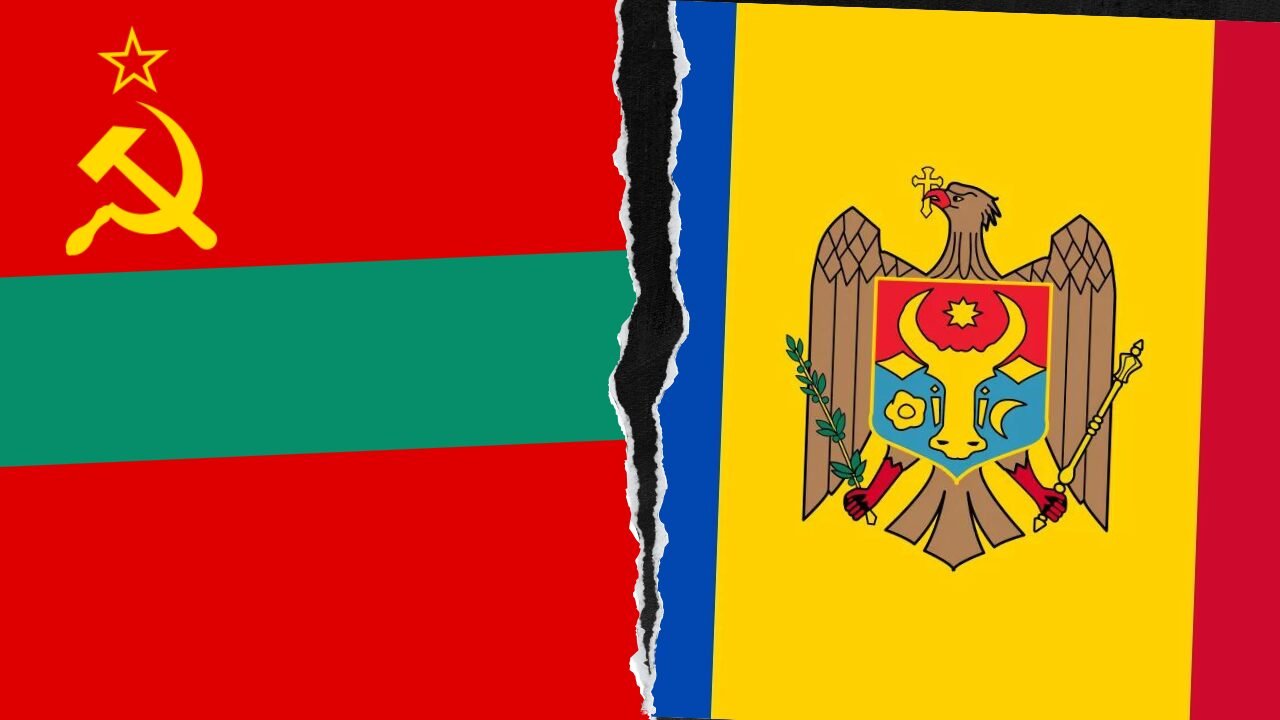In the shadow of geopolitical shifts and heightened tensions in Eastern Europe, the breakaway region of Transnistria in Moldova has called an unusual meeting of its Congress for February 28, a day before Russian President Vladimir Putin’s scheduled speech in Moscow. This marks the first such meeting since 2006, a period during which Transnistria held a referendum expressing a desire to join Russia, signaling a potentially significant moment for the region and its relations with both Moldova and Russia.

Transnistria, a slender strip of land wedged between the Dniester River and Moldova’s eastern border with Ukraine, has been a focal point of post-Soviet “frozen conflicts.” Since a brief war in 1992, it has operated under de facto independence, supported by Russia’s military presence and economic aid, including free natural gas, despite lacking broad international recognition. The region, along with others like Abkhazia and South Ossetia, forms part of a community of partially recognized states maintaining close ties based on shared political stances and reliance on Russian support.
Recent Developments
The announcement of the Congress meeting comes amid Russia’s revocation of a 2012 decree that previously committed to respecting Moldova’s sovereignty and territorial integrity in resolving Transnistria’s status. This move by Putin, along with ongoing military drills in the region and the presence of approximately 1,500 Russian soldiers labeled as “peacekeepers,” underscores the Kremlin’s deepening foothold. Russia’s actions, viewed as attempts to maintain influence and potentially leverage Transnistria in the broader Ukraine conflict, have raised alarms in Kyiv and beyond.
Implications for Moldova and the Region

The unusual timing of the Congress meeting, juxtaposed with Putin’s speech, raises questions about potential strategic declarations or shifts in allegiance that may be unveiled. Moldova, under President Maia Sandu’s pro-European Union leadership, finds itself at a crossroads, grappling with internal divisions and the challenge of Russian influence. Sandu’s administration, supported by the EU and the U.S., has sought to strengthen Moldova’s sovereignty and European integration, a stance that places it in direct opposition to the separatist sentiments in Transnistria and Russia’s geopolitical ambitions.
The Broader Geopolitical Landscape
This development occurs against the backdrop of the ongoing war in Ukraine and Russia’s broader strategic objectives in the region, including its alleged aims to control southern Ukraine and potentially link up with Transnistria. The presence of Russian military forces in Transnistria poses a direct challenge to Moldova’s sovereignty and highlights the precarious position of post-Soviet states caught between Russian influence and aspirations of European integration.
The upcoming Congress meeting in Transnistria represents a critical juncture for the region, Moldova, and the wider Eastern European geopolitical landscape. As Moldova continues to navigate its path toward European integration, the actions and decisions made in Transnistria could have far-reaching implications for regional stability, Moldova’s sovereignty, and the balance of power between Russia and the West.






















+ There are no comments
Add yours